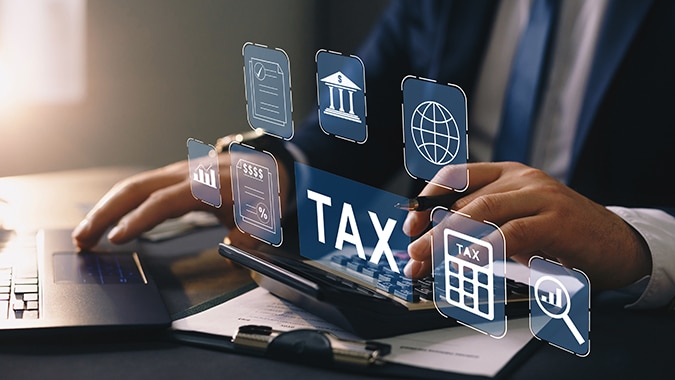In the coming weeks, expect to hear a lot about contact tracing, the labor-intensive process of identifying where individuals with coronavirus have been and with whom they’ve come into contact. It’s considered by some experts to be essential to safely reopening the economy.
For individuals, there are obvious privacy concerns, and state legislators are trying to address them in legislation (A-4170) that received approval from both the Assembly Community Affairs Committee and Science, Innovation and Technology Committee this week. NJBIA is supportive of the bill as far as it goes but is looking for amendments to address the less obvious privacy concerns of business.
As NJBIA Vice President for Government Affairs Ray Cantor explains, contact tracing can impact a business’ reputation for health and safety and could even be used as part of a lawsuit if action isn’t taken to ensure the data is used only for its original purpose.
“The potential to abuse data on contact tracing is high,” Cantor said. “The process is essential to manage the coronavirus pandemic and preventing spikes in cases as economies open up. But it also has the ability to expose people’s personal health data, which needs to be prevented. NJBIA wants to make sure similar protections are offered to businesses as well.”
A-4170 (Zwicker, D-16) requires public health entities and anyone collecting such data to only use it for contact tracing and delete it after 30 days. If the data is shared with any third-parties, they are bound by the same restrictions. A third-party entity that misuses or unlawfully discloses COVID-19 contact tracing data would be liable to a civil penalty of up to $10,000.
Such data could be even more harmful to a business, Cantor said.
“If word gets out that an infected person ate at a particular restaurant or shopped at a particular store, it could severely impact that place’s business,” Cantor said. “Or it could be used in a lawsuit, which could serve as a significant deterrent to reopening, especially with no liability protections for business in place.”
